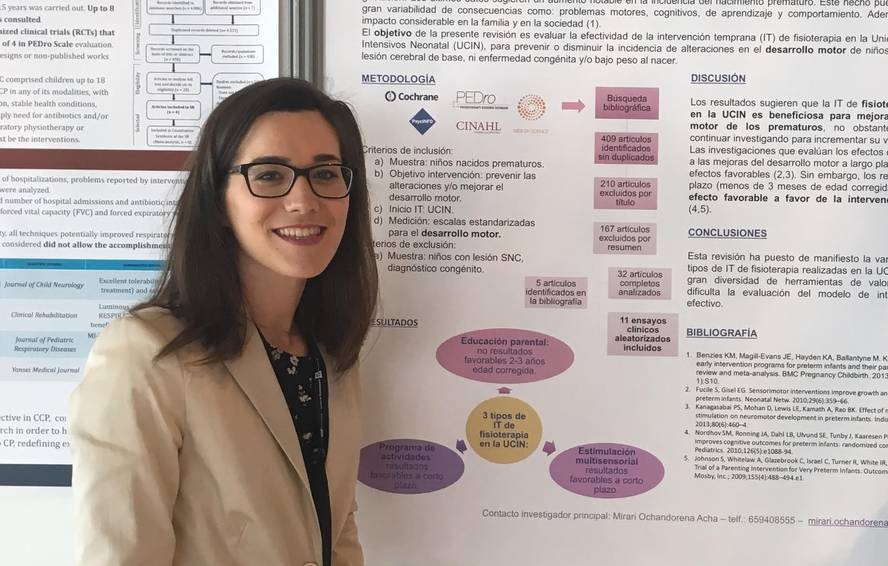“I realized that was the passion of my life”
The Navarrese Mirari Otxandorena Atxa has been captured in Norway. In fact, he is conducting a doctoral thesis in which he works invited by a researcher: Gunn Kristin Øberg.
Otxandorena has explained how he has arrived there: “A year ago I started doing the thesis. “Before I started I was clear what topic I wanted to research and when I started looking for referents internationally, I found the work of a Norwegian researcher. I decided to contact the researcher and when I asked him if I could go to investigate with them he answered me yes. And so I came.”
He confesses that he is really happy in Norway: “All the doors have opened to me. I have been invited to all public centers to see how they do their work and I will be able to access the intensive care unit. On the other hand, I receive a private grant and have an eight-hour working day to investigate. They have also given me an office and everyone is very cozy… In Spain, those who do the thesis do not have adequate working hours or conditions. I, for example, have to investigate in my free time. The difference is huge.”
From physiotherapy to adult neonatology
Despite being so comfortable, when choosing the studies I was not so clear that I was going to go that way. His cousin, sports physiotherapist, traveled a lot with the team and that attracted him. I also wanted to study away from home, so I started doing Physiotherapy in Barcelona. The second year he fell in love with Physiotherapy: “He studied the subject of neuroanatomy. The professor was very good and then I decided to specialize in neurology.”
Yes, I was sure I did not want to work with the children, because they did not like much. “Or that I thought, because I had experience with children who have a typical development,” says Otxandorena.
In the last year he specialized in neurology and returned to Navarre. He began working in an association with functional diversity and received an offer to treat a child with cerebral palsy. Although with reparos, he accepted the offer. “It was a milestone, I realized that was the passion of my life.”
To work with children, he decided to specialize in pediatrics. So on weekends I started doing a master's degree in Barcelona and the rest of the days I worked in Pamplona and in other towns of Navarre. One day he was called to work from a special education school in Barcelona and since then he studied and worked in Barcelona.
After completing the master's degree, he joined the university as a professor and his thesis in pediatrics, neonatology. Specifically, it investigates the influence of rapid intervention on preterm children: “We have seen that early children have a long-term delay in psychomotor development. Therefore, we are trying to treat it as soon as possible for this delay to be minimal.”
Thus, he has designed a treatment for these children and their families and has put him to the test at the Sant Joan de Déu hospital in Barcelona. Currently the results are being collected and within this main research has gone to the university of Tromsø. Soon we will have knowledge of the results.







